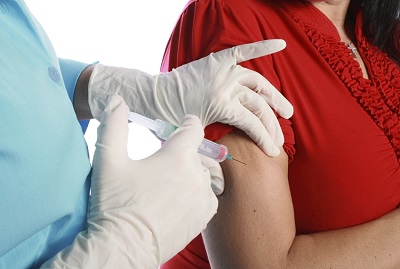 While some medical professionals may slightly differ on when to get a seasonal flu shot, all agree that getting a flu shot is better than not.
While some medical professionals may slightly differ on when to get a seasonal flu shot, all agree that getting a flu shot is better than not.
Flu cases generally start presenting in October, albeit very few, before rapidly rising in late November, lasting into late February, even into March before tapering off.
"It's difficult to predict when the season will peak," said Kellee Necaise, RN, BSN, MSN, MSA, CIC, an infection prevention practitioner at McLaren Macomb. "However, there are no drawbacks to getting vaccinated early to have protection for the entire season."
She continued that the Centers for Disease Control and Prevention assures that the shot is the way to go this year, the nasal spray form will not be available because it was wasn't effective in the CDC's most recent trials.
"The strains covered by the shot vary from year-to-year, decided upon by the World Health Organization," Necaise said, "but the shot covers both influenza A and B."
To get your seasonal flu shot, make an appointment with a family physician by visiting mclaren.org/macombappointments.